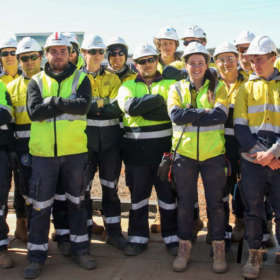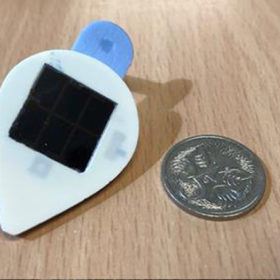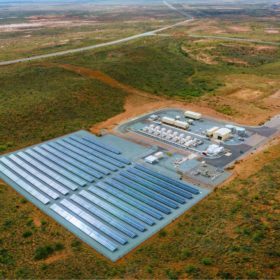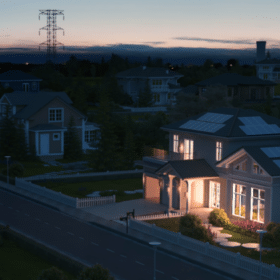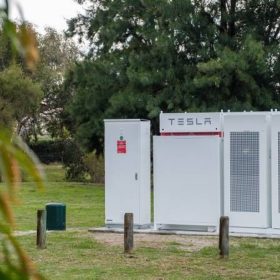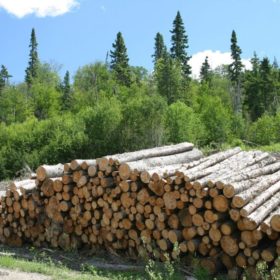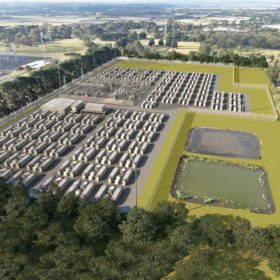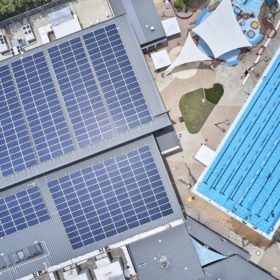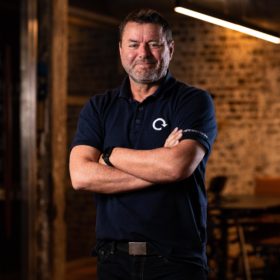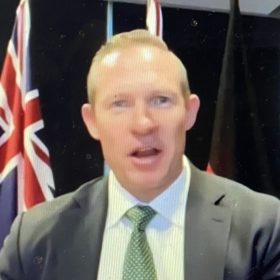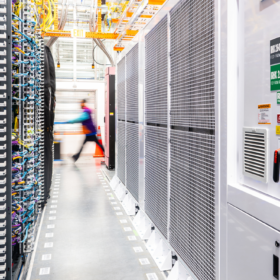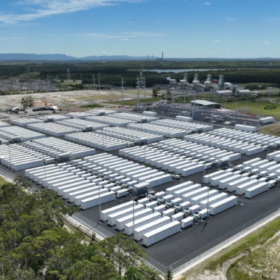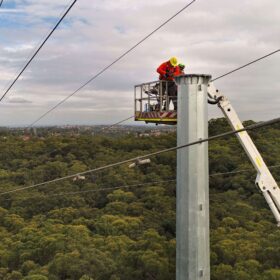Queensland approves $23 million renewable energy training facility
The Queensland government has approved a new “state-of-the-art” renewable energy skills centre in Brisbane, which will provide training to prospective and current electrical workers to enter clean energy industries.
Coin-sized solar panels to protect koalas from bushfires
Solar panels the size of five cent pieces will be used to locate koalas and protect them from incoming bushfires as well as to care for the threatened species as their habitat regenerates.
Bushfire affected and rural Indigenous communities among 20 projects funded to explore microgrid solutions
The federal government has allocated $25.6 million to support 20 microgrid feasibility studies, including in communities affected by the Black Summer bushfires, which left regions without power for weeks.
Queensland energy survey reveals shifts in battery and EV embrace coupled with continued love of solar
Households with residential batteries have doubled in Queensland in the last two years, though cost remains a barrier – as it has with electric vehicles. As prices fall, however, the state is likely to welcome the technology with open arms, as it has with solar. 37% of Queensland households now harvest the sun’s energy and a further 22% looking to install or upgrade their systems, according to the government’s Queensland Household Energy Survey. Of those with solar systems, 93% would would replace their panels with the same size or larger, if they were to fail.
Melbourne council plans city-wide community battery network
The City of Melbourne is planning a network of co-ordinated community batteries to be installed at council sites across the city, aiming for a potential capacity of 5 MW by 2024.
Can hydrogen made by burning wood really be considered green?
Burning biomass – essentially, wood – is defined by the Australian government and the United Nations as a renewable energy source. As Australia’s hydrogen pipeline balloons, projects proposing to produce the ‘future fuel’ by burning waste wood have begun to appear. It’s a model that has immediate benefits, complicated drawbacks and significant carbon emissions along the way.
Maoneng make public plans for Mornington 240 MWp/480 MWh big battery
Australian renewable developer Maoneng has revealed details for its 240 MWp/480 MWh big battery proposed for Victoria’s Mornington Peninsula which has now opened for public exhibition.
Conservative strongholds now showing strong support for clean energy, survey finds
More than half of regional Queenslanders believe clean energy industries will be major employers by 2030, according to a new survey, while just shy of half support transitioning to a renewables-dominated grid in the next 15 years or sooner. The survey focussed only on regional Queensland, excluding greater Brisbane area and Gold Coast, an area renowned for conservatism.
Australia’s first lithium-ion battery manufacturing facility attracts additional federal funding
Australia’s first lithium-ion battery manufacturer, Energy Renaissance, has received a half million dollar grant to develop its pilot manufacturing facility in the state’s Hunter region.
Queensland minister reveals goals for 10 year plan and survey findings, urging renewable industries to ‘act quickly’
The number of residential home batteries in Queensland has doubled while electricity bill cost concern has almost halved, found the “biggest survey of its kind” conducted in the state. The survey’s findings, which set to be released in full later this week, were summarised this morning by Queensland Minister for Energy, Renewables and Hydrogen, Mick de Brenni, at a virtual event.

